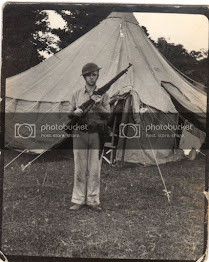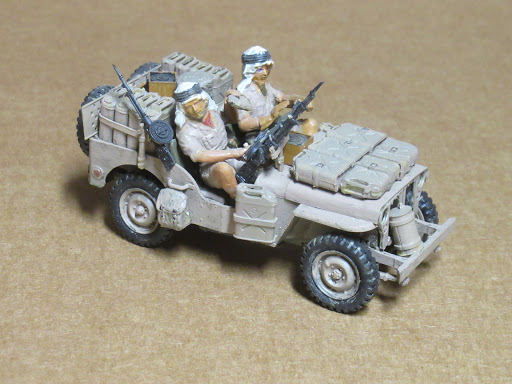Christmas Eve

When I was a kid, Christmas was the big ask for toys. The playset you saw advertised during Saturday morning cartoons all year. The toy that NONE of the other kids had. Below are two highlights of my childhood. As I became an adult, Christmas was the gathering of family, the frantic shopping a couple days before Christmas Eve, the onslaught of holiday movies, wonderful and awful (everyone has their own list of each: I've only recently learned the folly of saying out loud what I thought the awful Christmas movies were: inevitably they will be at the top of someone's wonderful list), and the welcome vacation from school, both as a student and a teacher. Sacred TV rituals of "How the Grinch Stole Christmas" and "Charlie Brown Christmas Special" sometimes gave a meaning to Christmas (I still lose it when Linus says "Lights, please?"). For years Christmas Eve was actually a reflective alone time for me. When I was a music student in Ohio, everyone...





